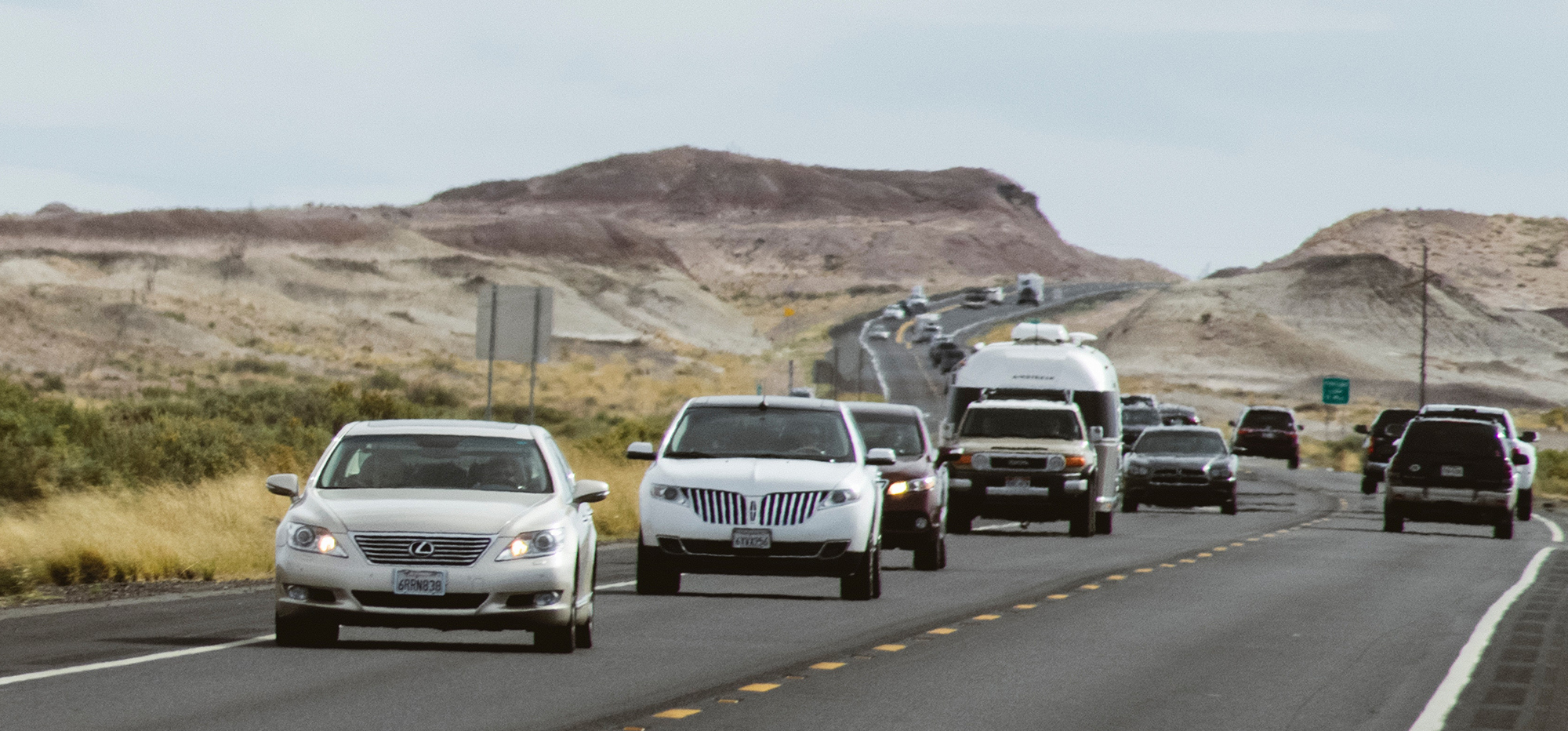Not too long ago, San Diego was, if not a haven of conservatism with a libertarian flavor, at least a break from the stifling progressivism of Los Angeles. It’s becoming increasingly more difficult to tell the differences between, though. The latest shift to the left: San Diego is at war with cars.
The San Diego County Regional Transportation Agency, in the words of Jim Desmond, a member of the county’s board of supervisors, has hatched a plan “designed to make driving so expensive that you succumb to public transportation.”
According to Desmond, the county’s transportation plan would hike sales taxes, convert more than 800 freeway miles toll lanes, and levy a mileage tax for every mile driven.
For all the revenue that will be collected, it seems San Diegans should expect some improvements on their roads. If so, it’s almost certain they will be disappointed. Desmond says the money will fund a “$165 billion public mass transit plan” while the county continues to refuse “to build the road improvements” that were promised in the last plan but will keep taxing “us until 2048 to pay for them.”
Apparently not a penny raised from the mileage tax will be used on roads and freeway projects. “Instead, all the taxes raised will go toward public transit and bike lanes,” Desmond has said.
If there are any doubts about the objective, they can be cleared up with one sentence from the authority’s finance plan:
“Charging fees for the transportation infrastructure that people use – for example, charging users for each mile they drive on the highway – can change travel behavior.”
Why not just say “we’re using our political power to force San Diegans into buses and trains because that’s where we want them”? Such candor might not change much as policy goes, but at least it would be more honest, which is what we should expect from policymakers, but rarely get.
What must gall the social engineers who want to root out personal automobile travel is the reality that their efforts often have a rebound effect. San Diego is one of several urban areas in which governments have “spent enormous amounts of money on transit improvements yet saw per capita driving grow,” says transportation analyst Randal O’Toole.
O’Toole calls the war on cars, which began in the 1960s, “a lost cause” that has “failed so miserably that total miles of driving tripled between 1969 and 2019.” This isn’t due to population growth but rather because of an explosion in miles behind the wheel. The year John Kennedy was elected president, the average American drove 11 miles per day. Less than 60 years later, says O’Toole, that per-person average had grown to 27 miles.
But it’s still a war, so there have been casualties and loss. As economist Thomas Sowell has said, there are no solutions, only tradeoffs, and in exchange for efforts to limit car use, policymakers have produced some unwelcome outcomes.
“By increasing congestion, the anti-automobile strategy wasted more fuel and generated more pollution than it stopped,” says O’Toole. “Cities that closed downtown streets, unless they already had large numbers of pedestrians, found that the businesses in those downtowns died, and most reopened them again.”
Lost cause or not, there’s no indication that the public transit activists, both in and out of elected office, will rethink their agenda. It has gone from creeping along to a full gallop, sped up by a never-ending supply of zealots eager to take government posts from which they can direct everyone else’s lives.
Kerry Jackson is a fellow with the Center for California Reform at the Pacific Research Institute.

